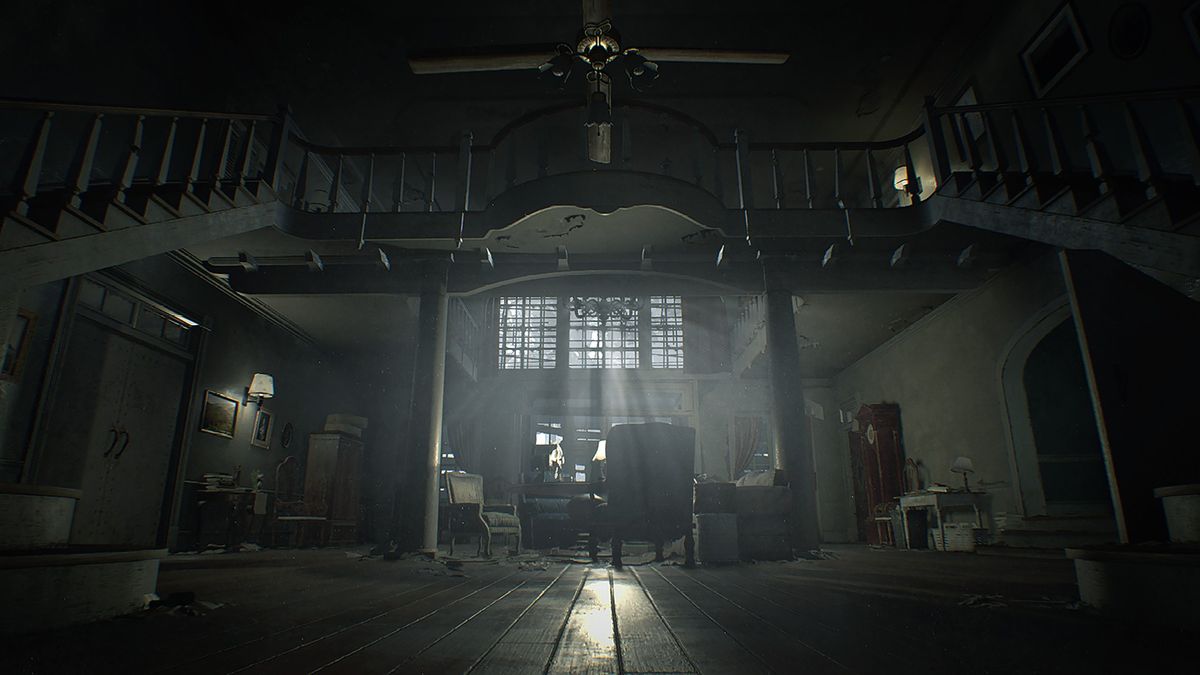
H aving served as a director at Zenimax Online, Riot Studios and Io-Interactive, senior lecturer in Digital Games Rich Barham’s CV features a dazzling list of credits that includes World Of Warcraft, League Of Legends, The Elder Scrolls Online and Hitman. He continues to be active in the industry he teaches about, too: he’s currently the CEO of Octopus 8 Studios, Io’s operations director, and a board member for Antimatter Games.
What kind of courses do you offer?
Our courses offer a broader game education where there is time to consider development and the conceptual and cultural issues around games alongside hands-on experience of working in a development studio context. We also teach business skills and our courses are designed so students are equipped with the skills to set up their own indie companies. With our degrees in BA (Hons) Digital Games and BSc (Hons) Computing for Games, we’re offering a great foundation whichever route into the industry you wish to follow.
In practical terms, what advantage does that foundation give students? As someone who has seen a great many applications from those without a game education attempt to enter the industry, there’s a lack of consistent understanding of how to not make your game in a vacuum and practical team learning that’s missing with those who haven’t been fortunate enough to undertake a game course. With places in the industry being as competitive as they are, this type of knowledge is of paramount importance.
What makes Falmouth University special in this respect? Falmouth is a heavily creative area. It attracts many creatives with a variety of interests and has a long history rooted in both the university and the local, supportive culture. This is a huge advantage. Our students are taught by people with a great deal of industry experience, and who are currently conducting research into games and game technology. Our tutors can give the time to provide a well-structured learning experience that helps students to make the transition to studio working practices. And that’s all in the context of a very friendly, arts-based campus in the most spectacular landscape!
What about facilities?
We have dedicated, industry-standard game development studios, and industry-standard animation, audio and music facilities are also available to students. The university has invested a great deal of money to support game education and research, and as the course grows in strength, so will the scope of our facilities. We have access to a sandpit space that’s perfect for brainstorming meetings, and a well-equipped life room for artists, as well as many breakout spaces that are scattered around the university and in The Exchange. On a lovely spring day, students can hold their stand-up meetings in the blossoming orchard or in the formal gardens of the 18th-century house around which the university has been built.
And how about links between Falmouth and the industry?
My own background is primarily with successful triple-A studios, and Nick Dixon has a long and storied career. Our course was set up with direct industry involvement, including Supermassive Games’ Steve Goss, and with the support of Antimatter Games, a local studio in Cornwall. Collectively, we have the experience of having been a part of some of the biggest studios as well as smaller but no less successful outfits, and our ability to help students develop anywhere in that spectrum is strong as a result.
 Game News Video Games Reviews & News
Game News Video Games Reviews & News



